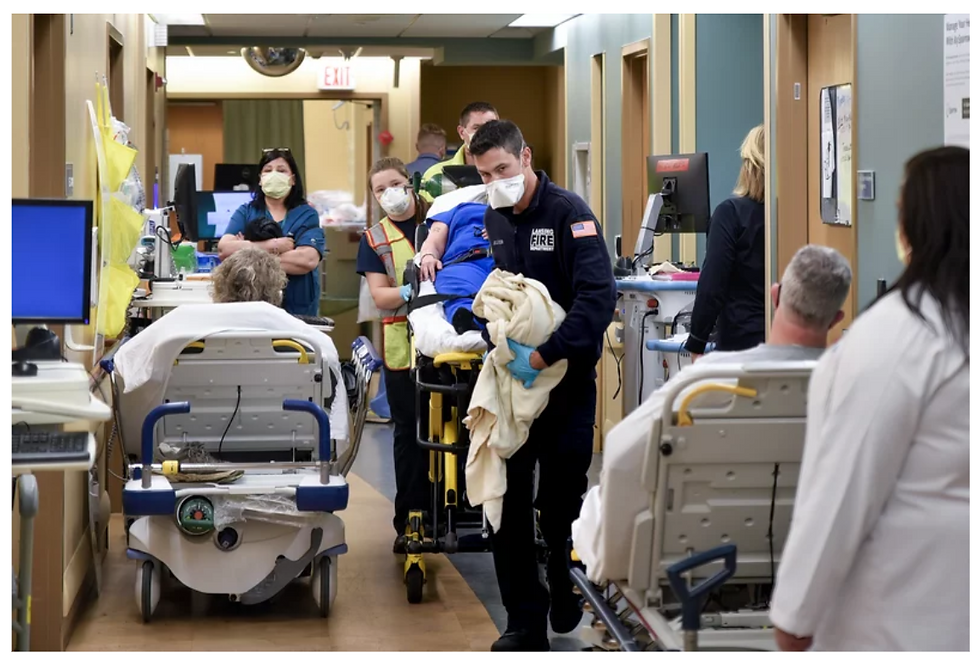Are Accountable Care Organizations Here To Stay In 2017?
- katherinepiette
- Mar 8, 2017
- 2 min read
Updated: Mar 30, 2021

As I travel around the country, I am constantly asked this question by healthcare providers: "Are accountable care organizations here to stay?" The answer is unequivocally, YES! As mentioned in one of Corstrata’s previous blogs, healthcare pundits expect the Trump administration to push even harder for value-based healthcare delivery models. For 2017, the Centers for Medicare and Medicaid (CMS) are trialing various advanced alternative payment models including accountable care organizations (ACOs). Others models being tested include: Comprehensive End Stage Renal Disease and Comprehensive Primary Care Plus Model, and Oncology Care Model. The unifying, shared element among these advanced alternative models is that the providers go “at risk” financially to provide value - high quality care at a lower costs.
A little history lesson tells us that the term Accountable Care Organization was first used in 2006 by Elliott Fisher, MD, Director of the Center for Health Policy Research at the Dartmouth Medical School. Since that time, the term has gained wide acceptance when adopted by CMS as a primary vehicle for value-based care in the Affordable Care Act (2009). Since their inception, there have been multiple iterations of ACOs from the original shared savings model including the Advance Payment ACO Model, Next Generation ACO Model, and the Pioneer ACO Model.
The increasing number of ACOs coupled with the emergence of new variations of ACOs (including those adopted in the commercial payer market) reinforces its continued popularity. The following table illustrates the growth in ACOs for 2017:
ACO Type 2017 Net Growth
Shared Savings 99
Next Generation 45
End Stage Renal Disease 37
We should expect CMS to continue their push towards value-based care with their aggressive time line:
By 2018, 50% of all Medicare payments will be tied to advance payment models
By 2018, 90% of all Medicare payments will be tied to quality
This is a tall order to fill and every Medicare-reimbursed provider needs to focus on providing higher quality care at a lower cost. This presupposes that providers know precisely their overall cost per patient in order to be a valued partner to accountable care organizations and other value-based entities.
Home Health Agencies, hospices and skilled nursing facilities should all be actively partnering with local and regional ACOs. Post-acute care plays an important role in minimizing rehospitalizations. Corstrata can assist these post-acute healthcare providers in delivering value-based wound care. We leverage technology to provide access to expensive, scarce wound care experts. Using a telemedicine solution, our experts use the latest evidence based care (wound treatments and supplies) to close wounds faster, reduce the number of required wound dressing changes, and save on wound supply costs.





Comments